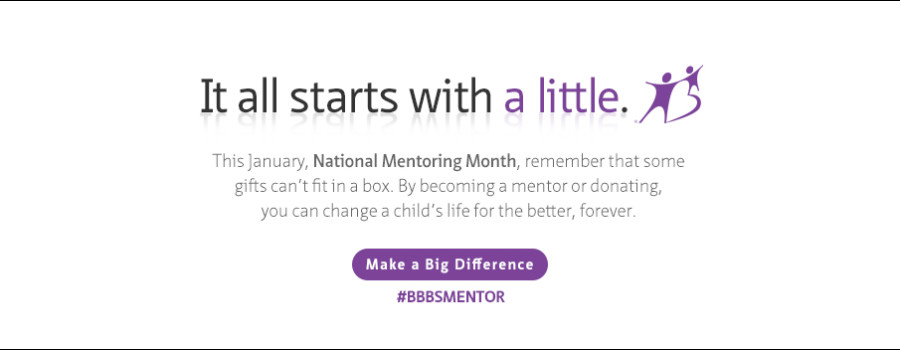By Earl Hardaker, Regional Director
When I was a child, I was a typical rowdy, Southeastern Kentucky boy who played in my neighborhood and whose parents always taught me the importance of helping others.
My chosen professions for “what I wanted to be when I grew up” were plentiful and unusual: garbage collector (I loved helping mom and dad by bringing the cans to the back of the house after pick up), postal worker, teacher, fireman, wrestler, zoologist, or even a police officer. I would even pretend I was a clerk in a grocery store and help bag the groceries we were purchasing.
Pretending to be a bagger at 8 years old, I never thought one day I would become a member of store management for one of America’s largest grocery store chains. I thought I had found my career for the rest of my life. I soon discovered doing the same thing every day wasn’t something I wanted to do for the rest of my life. I wanted to do something new and exciting every day, and I eventually left the retail world and went into sales.
I did so by joining an organization built on helping other—both now and in the future—an organization based on fraternalism. I joined Modern Woodmen of America.
For some context, I need to take us back to my college years in the late 90s. Some of the guys in my class asked if I would be interested in joining their fraternity. I have always bounced to the beat of my own drum, and in my mind, I didn’t want to belong to an exclusive club that picked my friends. Any person that knows me would attest to the fact that while I follow the line, I like to see how far the line really goes. So, joining a fraternity sounded like sitting through 8 hours of infomercials with no bathroom break. I wanted so badly to be me that I didn’t realized I could have done both.
With that in mind, when the recruiter from Modern Woodmen contacted me, I did not like the sound of the word fraternal. I knew I wanted out of retail, but I didn’t want to simply jump at the first thing that came along, especially when that something had fraternal in the title. I thought it sounded too exclusive, too restrictive, too much like a fraternity.
Life is about a series of chances, and you don’t often get to get a second chance on a door opening, but I did. Modern Woodmen graciously allowed me to walk through the open door not once but twice. You see, I didn’t go for the first interview. I told them I wasn’t interested. After some soul searching and at the prompting of my then-girlfriend (now wife), I approached them for a second chance at a first interview. I officially joined Modern Woodmen of America on August 1, 2006. I soon became a fraternalist, and my, how my life has changed—because fraternalism is a way of life.
Fraternalism’s formal definition is: of or being a society of men associated in brotherly union, as for mutual aid or benefit. Now, I want to clarify, this also includes women and children. Essentially, it’s a group of like-minded people getting together to help others in our community.
Modern Woodmen of America is a fraternal benefit society, so I get together with everyone who is a member, and we do really cool things for the community. We plant trees, donate youth educational programs, paint benches, build little free libraries, sell lemonade, do matching funds programs, collect can food, cook food, donate food, watch movies together, wrap presents, go bowling, and partner with other awesome people at other awesome organizations. If you replace “fraternalism” with “volunteerism,” you will understand who we are and what we do.
Since our beginning in 1883, Modern Woodmen of America (MWA) has been consisted of our members helping other members and their communities. Much like organizations that volunteer to clean up a neighborhood playground, Modern Woodmen members donate their time doing the same thing; we just have a different name for it—we call it being fraternal. We bring together like-minded people for a common good.
You may see MWA members purchasing swings and slides and then installing them on a playground, you could very well see us planting flowers and trees for municipal parks or schools, or you could see us presenting a dollar-for-dollar match at a fundraiser (up to $2,500). You may ask yourself, who are these members? Well, they are people just like you and me. They are people in our communities who believe in a creating a better tomorrow by starting today. MWA’s president, Kenny Massey, is a fraternalist; our home office staff in Rock Island, IL, are fraternalists; our regional office staff at the Schoenbaum Center are fraternalists; and our members are fraternalists. You very well could be a fraternalist, too. All it takes is an interest in making the community a better place.
For more information about how you can become a fraternalist, please check out our website at www.modern-woodmen.org, or, better yet, swing by the Schoenbaum Center and ask us.


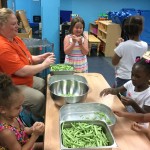
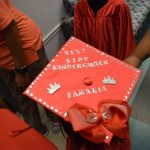
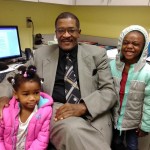

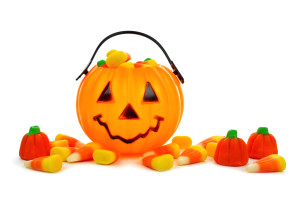

 I was approached to write an article on National Make A Difference To Children Month, and explain how Connect would be participating in this event. This special month happens each July, and suggestions for activities for this month include: doing an activity with a child, supporting an organization that serves children, telling policy makers to support initiatives for children, and telling other people about the campaign. As I started the article, I thought, “That will be easy. We help children every day.” At Connect, we help families receive subsidy assistance for child care while they work and go to school, assist families with finding child care, and by offering trainings and resources to child care providers to help improve the quality of the services they offer to children. After I listed all of the things we do at Connect for children, I thought to myself, “We make a difference every day because it’s our job, but what more could we do?”
I was approached to write an article on National Make A Difference To Children Month, and explain how Connect would be participating in this event. This special month happens each July, and suggestions for activities for this month include: doing an activity with a child, supporting an organization that serves children, telling policy makers to support initiatives for children, and telling other people about the campaign. As I started the article, I thought, “That will be easy. We help children every day.” At Connect, we help families receive subsidy assistance for child care while they work and go to school, assist families with finding child care, and by offering trainings and resources to child care providers to help improve the quality of the services they offer to children. After I listed all of the things we do at Connect for children, I thought to myself, “We make a difference every day because it’s our job, but what more could we do?”
 May, 2017
May, 2017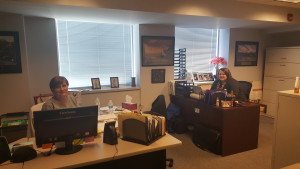
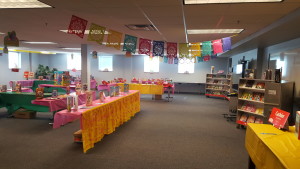
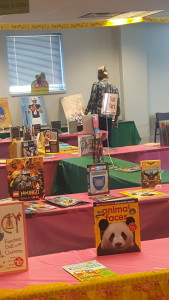
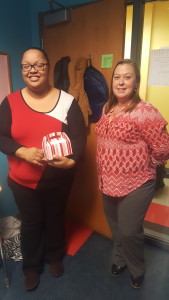 Valentine’s Day brought us smiling faces, sweet treats, and lots of love! The Charleston Child Care and Learning Center hosted a wonderful party for all the little ones to enjoy. West Virginia Career Transition Services employees, Dawn and Bridget were able to spread happiness throughout the center by giving away Valentine boxes! CCCLC’s Program Director Kaleisha Hall assisted the kids with making fun crafts and the children enjoyed chocolate cupcakes on this sweet holiday!
Valentine’s Day brought us smiling faces, sweet treats, and lots of love! The Charleston Child Care and Learning Center hosted a wonderful party for all the little ones to enjoy. West Virginia Career Transition Services employees, Dawn and Bridget were able to spread happiness throughout the center by giving away Valentine boxes! CCCLC’s Program Director Kaleisha Hall assisted the kids with making fun crafts and the children enjoyed chocolate cupcakes on this sweet holiday!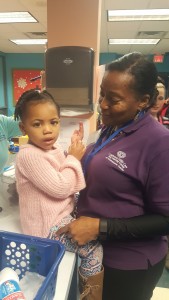
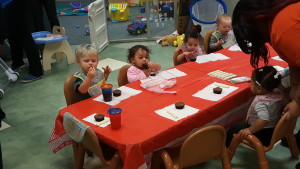
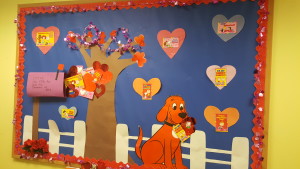
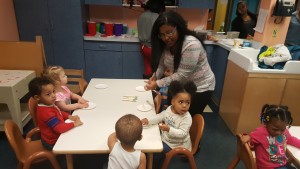
 Check Out
Check Out 
